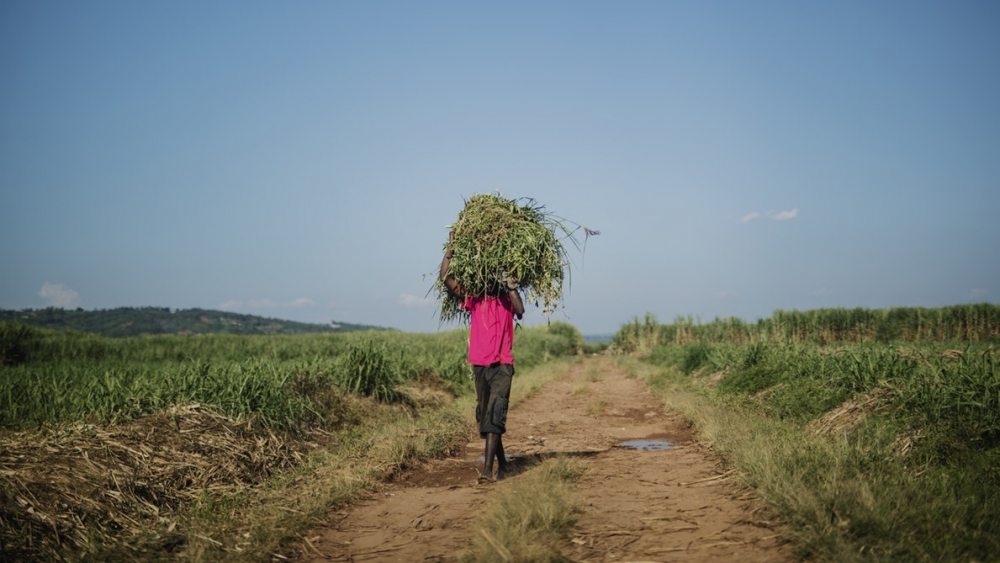Rwanda launches its largest climate resilience initiative to date

380,000 people are set to benefit from a new climate change resilience project in Rwanda.
Historically Rwanda has suffered a number of severe weather events, such as flooding and landslides, and it is expected that these will increase due to climate change.
Estimates suggest that climate change will have a significant impact of Rwanda’s economy if no actions are taken to mitigate its impact.
The Gicumbi District in the Northern Province of Rwanda will benefit from a $32.8 million initiative funded by the Green Climate Fund in partnership with the Ministry of Environment.
150,000 people will directly benefit from the initiative, but it is expected that 130,000 additional people will also be positively affected. In total, the project will reach 380,000 people.
Coletha Ruhamya, the Director General of Rwanda Environment Management Authority (REMA) commented:
“Rwanda has been awarded a $32.8 million grant to strengthen climate resilience in Gicumbi District. The project will be facilitated by Rwanda Green Climate Fund (FONERWA) and aims to restore and enhance part of Muvumba watershed, increase the capacity of communities to renew and sustainably manage forest resources, and support smallholder farmers to adopt climate resilient agriculture”
The initiative will also be replicated across the country.
Rwanda’s Green Climate Fund will also contribute $147,000 to the project with Gicumbi District also allocating $107,000.
Coletha Ruhamya added:
“We are pleased with the progress we are making in accessing and utilizing funding through Green Climate Fund as we seek to meet our socio-economic transformation goals to become a developed, low carbon economy”
The project aims to improve land and forest management, emission reduction, capacity strengthening, fuel efficiency and climate resilience.
The project will run from 2018-2024, over this period the project will reduce carbon emissions by 273,720 tonnes.
Juvenal Mudaheranwa, the Mayor of Gicumbi District added:
“The project is timely since farmers are already counting losses. The waters coming from small rivers that connect to Muvumba Rivers have caused flooding and landslides over the last two weeks. This is because there no infrastructure controlling erosion in the catchments such as terraces, forestry to sustain the soil”
Since 2015, Rwanda has benefited from preparatory programmes, such as resilience building, worth $2.5 million.
Aid & International Development Forum is hosting its inaugural Africa Climate Smart Agriculture Summit on 15-16th May 2018 in Nairobi, Kenya. The summit will discuss innovations and challenges in CSA practices, increasing cross industry collaboration for CSA, financial investment for CSA and much more.
If you’d like to stay informed on the latest updates in aid and development, please sign up for the AIDF newsletter.
Image credit: Serrah Galos














